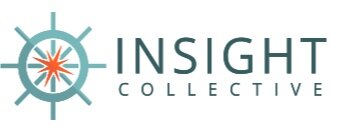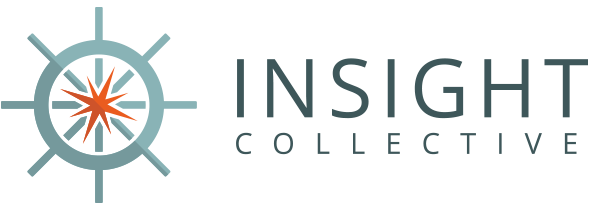Neurofeedback
Neurofeedback, also known as electroencephalographic (EEG) biofeedback or neurotherapy, is an intervention with the goal of teaching strategies that diminish unfavorable brain patterns, while promoting self-regulation. This can range from increasing attention and concentration to reducing states of anxiety. It is based on the simple principle that brain waves can be consciously controlled.
This phenomenon of “neuroplasticity” allows the brain to compensate or adjust to new experiences, injuries, and even developmental issues. By supplying the brain with new information and sensory stimulation, we can change behaviors and alter how the brain reacts.”
Pediatric and Adult Neurofeedback now being offered. Please contact our office for more information.
MORE INFORMATION: ISNR Toolkit for neurofeedback as an evidence-based treatment for ADHD
How Does It Work?
During a neurofeedback session, sensors are placed on the scalp to detect electrical frequencies that the brain emits and translates these patterns onto a computer screen in the form of a graph. Then, an audio or visual stimulus creates feedback to show if the brain is emitting frequencies at the desired range. Thus, participants are able to see the effects of their thoughts.
For example, your child might have to fly a spacecraft on a video game, guided by frequencies in the brain. The closer the brain gets to the desired frequencies, the faster the spacecraft flies. After consistent and repetitive practice, the brain essentially trains itself and eventually requires little effort to reach the desired frequencies of regulation.
Why Neurofeedback Training?
There is a wealth of research supporting its efficacy. The majority of experimental investigations have targeted ADHD. Although stimulant medication has shown consistent efficacy in decreasing ADHD symptoms, some parents have concerns about turning to medication-based interventions as the first or sole treatment option. Neurofeedback is a promising noninvasive alternative or adjunctive treatment.
In fact, the American Academy of Pediatrics has classified neurofeedback as a Level 1 Evidence-Based Practice (EBP) for ADHD. This means that neurofeedback consistently shows superiority to placebo treatments and yields at least equivalent outcomes when compared to credible and well researched ADHD treatments.








